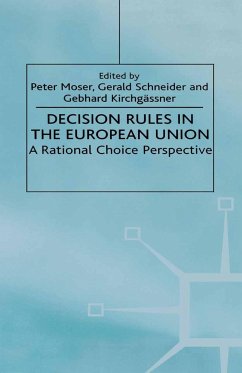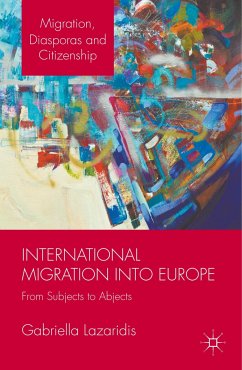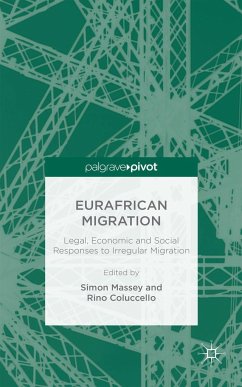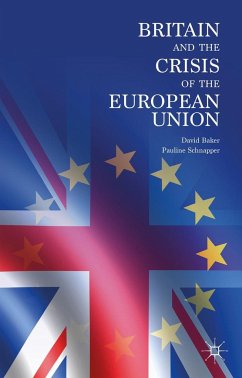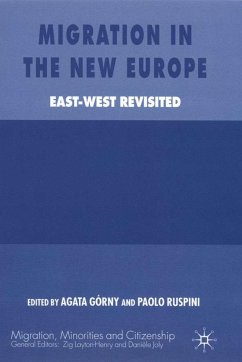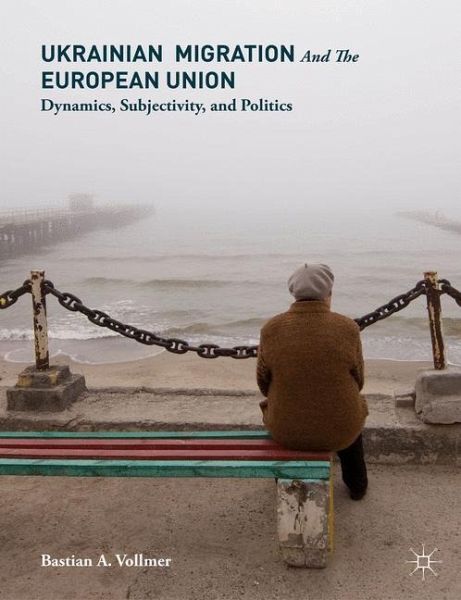
Ukrainian Migration and the European Union
Dynamics, Subjectivity, and Politics
Versandkostenfrei!
Versandfertig in 6-10 Tagen
38,99 €
inkl. MwSt.

PAYBACK Punkte
19 °P sammeln!
The question of whether or not to migrate has a special context in the case of Ukraine. This book studies the Ukrainian people themselves and how they respond to and live with this complex situation influenced by numerous factors and a multitude of uncertainties.





